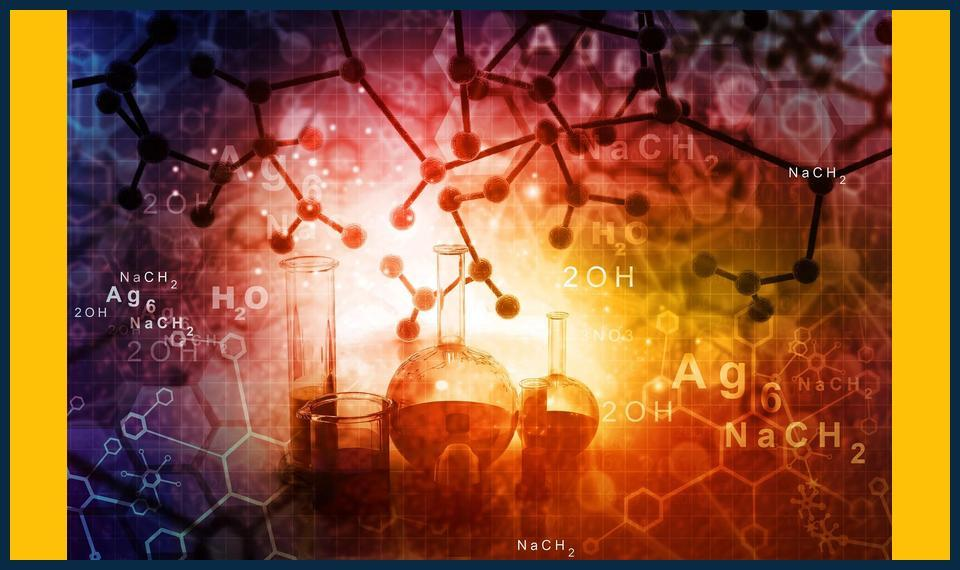![]()
Master GCSE Chemistry with Ease: Your Ultimate Guide to the Periodic Table 🧪📚
Introduction 🌟
Welcome to our comprehensive guide on making the Periodic Table a breeze for GCSE Chemistry! Whether you’re a student, teacher, parent, or tutor, this post is designed to help you conquer one of the most daunting topics in the GCSE syllabus. Let’s dive in!
Why the Periodic Table Matters 🔬
The Periodic Table is the cornerstone of chemistry, organising elements based on their properties. Understanding it will empower you to tackle GCSE Chemistry with confidence, opening doors to academic success and a deeper appreciation for the world around us 🌎💡
Simplifying the Periodic Table 📄
Memorise Periods and Groups: Start by learning the periodic table in periods (rows) and groups (columns). This will help you remember where each element is located.
Look for Patterns: Elements in the same group have similar properties, while those in the same period share electron configurations.
Use Mnemonics: A catchy phrase or song can help you remember complex information. For example, “I have a very pleasant wife who is good at keeping house, I’ve got a nice clean house” represents the first row of the Periodic Table, representing the noble gases.
Practical Tips for GCSE Chemistry Success 📝
Revise Regularly: Consistent revision is key to retaining information. Break down the Periodic Table into manageable chunks and review daily.
Practice Problems: Solve practice problems to strengthen your understanding and application of the concepts.
Use Online Resources: Tutor GP offers personalised online tutoring for GCSE Chemistry, providing targeted support when you need it.
Empowering Parents: How to Support Your Child 👪
Encourage Study: Create a dedicated study space and schedule regular study times.
Offer Resources: Provide access to quality resources, such as Tutor GP’s GCSE Chemistry Tuition.
Celebrate Progress: Acknowledge your child’s efforts and celebrate their achievements, no matter how small.
FAQs ❓
- What’s the best way to revise the Periodic Table?
- Break it down into periods and groups, use mnemonics, and practice problems regularly.
- Can online tutoring help with GCSE Chemistry?
- Yes! Online tutoring offers personalised, targeted support to help you excel in GCSE Chemistry.
- How can I help my child with GCSE Chemistry at home?
- Encourage regular study, provide quality resources, and celebrate their progress.
- Why is the Periodic Table important for GCSE Chemistry?
- The Periodic Table organises elements based on their properties, providing a foundation for understanding chemical reactions and the behaviour of elements.
- How can I remember the elements in the Periodic Table?
- Use mnemonics, create flashcards, or draw diagrams to help you remember the elements and their locations.
- What are the benefits of personalised learning?
- Personalised learning caters to individual learning styles, ensuring that each student receives targeted support and maximises their potential for success.
- How can I apply my knowledge of the Periodic Table in real life?
- Understanding the Periodic Table can help you understand the world around you, from understanding why certain substances react to understanding the composition of everyday objects.
- How can I prepare for A-Level Chemistry with a strong foundation in GCSE Chemistry?
- Master the Periodic Table, revise regularly, and apply your knowledge to practice problems to build a solid foundation for A-Level Chemistry.




